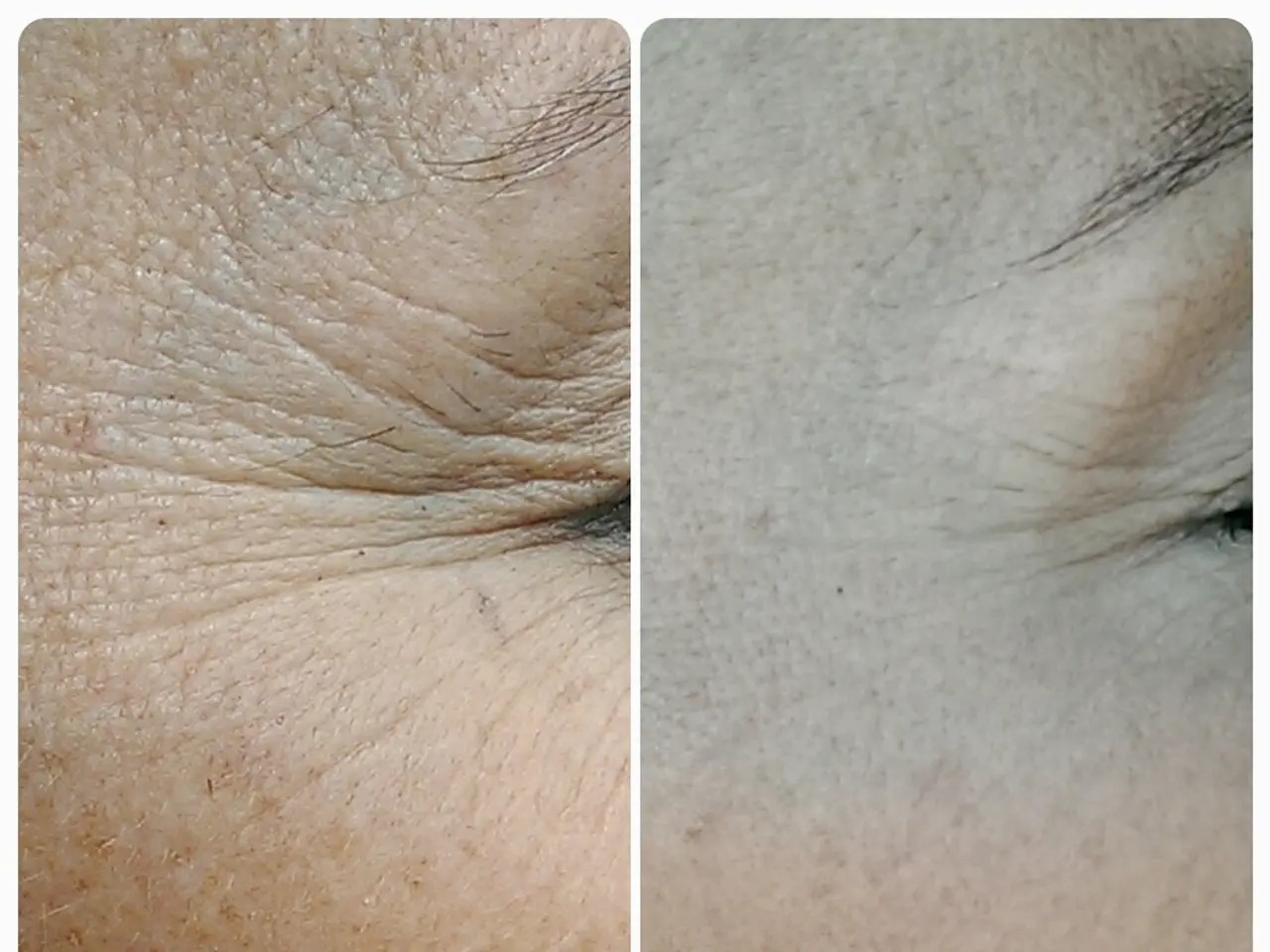Artificial Intelligence now aids over 200,000 patients in diagnosing skin cancer.
In a groundbreaking move for the community of Barking & Dagenham, Skin Analytics and Together First have partnered to bring AI technology for skin cancer checks to primary care. This partnership marks the first time the technology will be used in primary care in North East London.
The partnership brings DERM, a medical-grade AI skin cancer assessment tool, to Barking Community Hospital CDC. DERM, approved for use in Europe, can analyze moles and skin lesions for signs of cancer without the need for a doctor to review the case first.
Neil Daly, CEO of Skin Analytics, stated that bringing DERM into GP surgeries will make fast, accurate assessments available in local communities. The aim of this partnership is to ensure people get the care they need, when they need it, addressing the issue of long wait times for skin cancer checks.
Dermatologist shortages worldwide have led to increased wait times for skin cancer checks, with urgent referrals in the UK increasing by 170% in the last decade. In fact, 11% of urgent skin cancer cases in the UK wait over a month just to be seen. By using AI technology like DERM, specialists can focus more on the most at-risk patients, potentially reducing wait times for urgent cases.
Patients will be able to book assessments online instead of waiting weeks for a hospital referral. In existing NHS deployments, DERM has reduced the number of urgent in-person dermatologist appointments by up to 95%.
Two other AI skin cancer detection tools, PanDerm and DermaSensor, are also demonstrating significant promise in improving access to dermatological care and reducing wait times for urgent skin cancer checks worldwide.
PanDerm, developed by an international consortium led by Monash University, is a state-of-the-art AI model designed to replicate real-world dermatology workflows. It improves the accuracy of melanoma and other skin disease diagnoses by 11% when used by dermatologists and boosts diagnostic accuracy by 16.5% for non-dermatologist healthcare professionals.
DermaSensor, another innovative AI tool, has gained FDA authorization in the United States. It demonstrated 96% sensitivity and 97% negative predictive value (NPV) for skin cancer detection, surpassing FDA melanoma detection thresholds.
These AI tools are addressing key gaps in healthcare by enabling earlier and more accurate detection of skin cancers and other dermatological conditions, which can expedite urgent clinical assessments. By supporting non-dermatologist clinicians, especially in underserved or rural areas, AI models like PanDerm and DermaSensor help overcome specialist shortages and geographic barriers.
Faster diagnostic workflows reduce unnecessary specialist referrals and prioritize patients needing urgent care, thereby decreasing wait times. The ability to replicate real-world clinical decision-making and handle multiple image types enhances reliability and integration into diverse healthcare settings.
In summary, AI skin cancer detection tools such as PanDerm, DermaSensor, and DERM are advancing dermatological diagnostics by improving early detection accuracy, expanding access beyond specialists, and helping healthcare systems reduce delays for urgent skin cancer checks globally. This partnership between Skin Analytics and Together First is a significant step towards making this technology more widely available in the UK.
Digital health and technology are revolutionizing healthcare with the use of artificial intelligence in skin cancer checks. The partnership between Skin Analytics and Together First, by bringing DERM to Barking Community Hospital CDC, represents the expansion of health-and-wellness technology into primary care in North East London.
alterative AI models like PanDerm and DermaSensor are demonstrating significant promise in improving access to dermatological care, particularly in underserved areas, by replicating real-world clinical decision-making and enhancing the diagnostic accuracy of melanoma and other skin diseases.
By accelerating diagnostic workflows and ensuring earlier and more accurate detection of skin cancers, AI technologies like DERM, PanDerm, and DermaSensor can potentially reduce wait times for urgent cases and better address the issue of dermatologist shortages worldwide.




